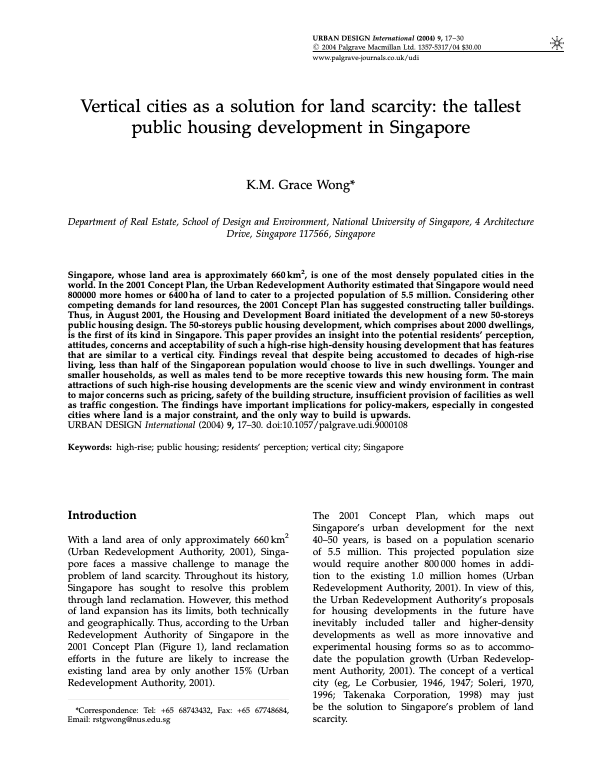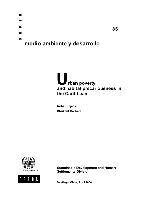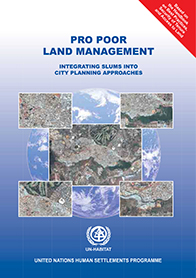State of South African Cities Report
This is the first report to be issued by the SACN on the ‘State of South African Cities’. The report takes a hard look at the forces that have transformed the country’s largest cities over the decade since 1994 and asks, if the current trends continue, whether cities can expect positive or negative things in the years to come. As part of the process of celebrating 10 years of democracy, the Office of the President has led a ‘Ten Year Review’ to assess what has been achieved over the last decade, and to define the strategic challenges for the future.









